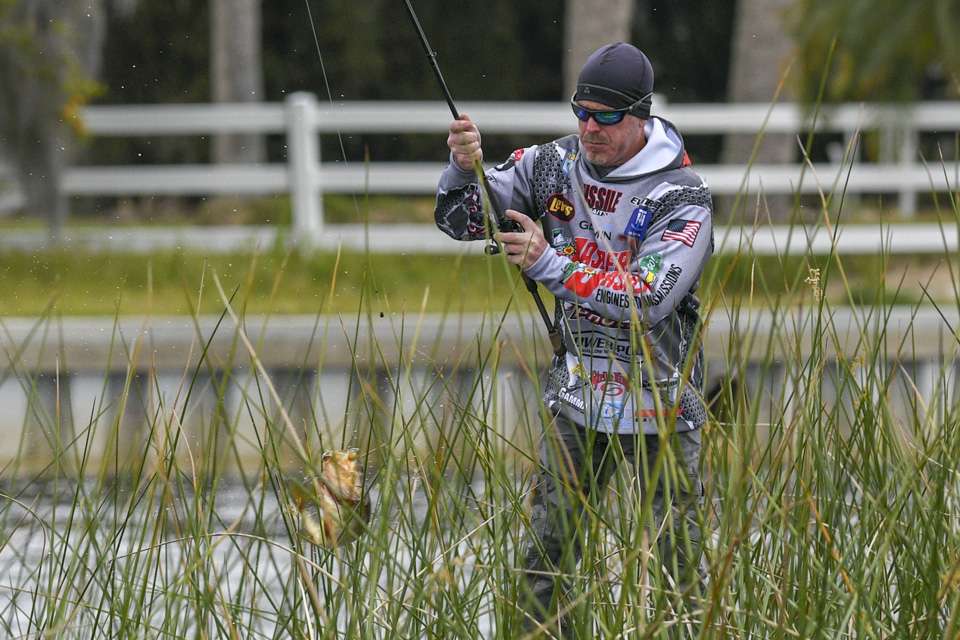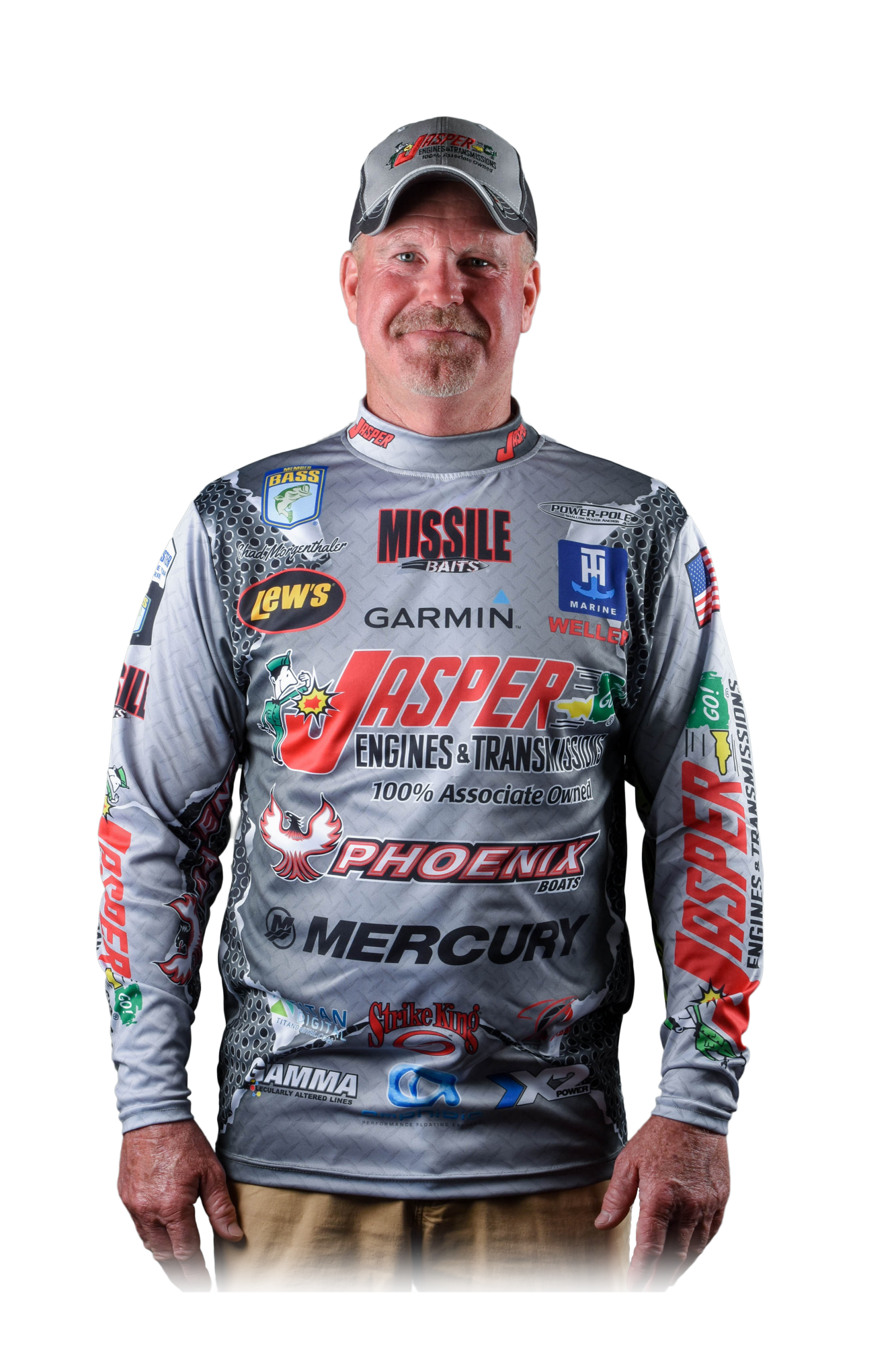
It’s every tournament angler’s worst nightmare.
You’ve found the motherlode of fish, a patch of grass just loaded with 8-, 9- and maybe a couple of 10-pounders. They’re hungry and you expect to have them all to yourself. You told your wife about it the night before, and she’s already spent the check. As you wait to blast off, you’re twitching with excitement, looking at the three flipping sticks lined up next to each other on the front deck.
You race to your spot and you have it all to yourself, but something’s wrong.
The vegetation has an odd appearance and then you detect the all-too-familiar smell – it has been sprayed, and it feels like you need to put on a Hazmat suit over your shorts and shirt.
You’ve been victimized by an untimely and unfortunate bit of vegetation control.
Sure, I’m whining and upset about a lost opportunity. Early on in my career it would have stopped there, but years of experience on the water have taught me that there’s a much a bigger picture of environmental repercussions at play than just a lost honey hole.
As a professional angler who travels all over the nation fishing tournaments, I’ve been fortunate to experience a wide range of fisheries and to assess their conditions. I’ve also gotten to see various attempts to control aquatic vegetation. It’s been a hot topic lately, especially in Florida, but if you think it can’t happen on your favorite lake, think again.
Vegetation control may sometimes be necessary, but there is a lot to be said about holding agencies accountable and making sure there are efficient monitoring and routine assessment practices in place.
I don’t claim to be a biologist or an expert on ecosystem management, but I do feel qualified to talk about some related issues as an experienced observer of fisheries habitat and water quality. I’m also a consumer of social media, so I’ve seen how worked up people get in their reactions to certain situations, and while it’s understandable it’s not always productive to be hostile.
Let’s break it down this way – the State of Florida has been getting a lot of heat from fishermen, landowners and other stakeholders over the past few years because of their vegetation control practices. As a frequent visitor to Florida who has experienced some success fishing tournaments down there, I know that I’ve been personally affected by the ongoing spraying. At times it makes me furious, but I’ve also been able to step back and realize that we need to take a levelheaded, reasonable approach with agencies like the Florida Fish and Wildlife Conservation Commission (FWC) if we want to be granted a seat at the table and have our voices heard. The natural inclination to rant and rave typically doesn’t get you any traction, and it certainly doesn’t get your constituency a seat on the advisory committees who have the power to make things happen.
As Florida continues to consider various options for vegetation control, we as anglers need to remain vigilant about conveying our message calmly and comprehensively. As the old saying goes, you catch more flies with honey than you do with vinegar. At the same time, we also need to get out ahead of the issue in other states, learning from both our successes and our misfires in Florida. Whether you live in California or Texas or Minnesota or any other state with grassy fisheries, this issue is coming to your backyard sooner or later.
We should also remember that while some of the policies and practices may be state-specific, this is a nationwide issue and at B.A.S.S. we are 500,000 strong and growing. Under the capable leadership of Conservation Director Gene Gilliland, we have a means to address these issues before they get out of hand, and our best bet is to harness the power of our immense diversity and numbers.
Educate yourself and become politically active. Additionally, encourage your friends to join B.A.S.S. and thereby increase our political power – it’s the best preemptive way to avoid arriving at your first spot to find that magical grass patch gone with the wind.





